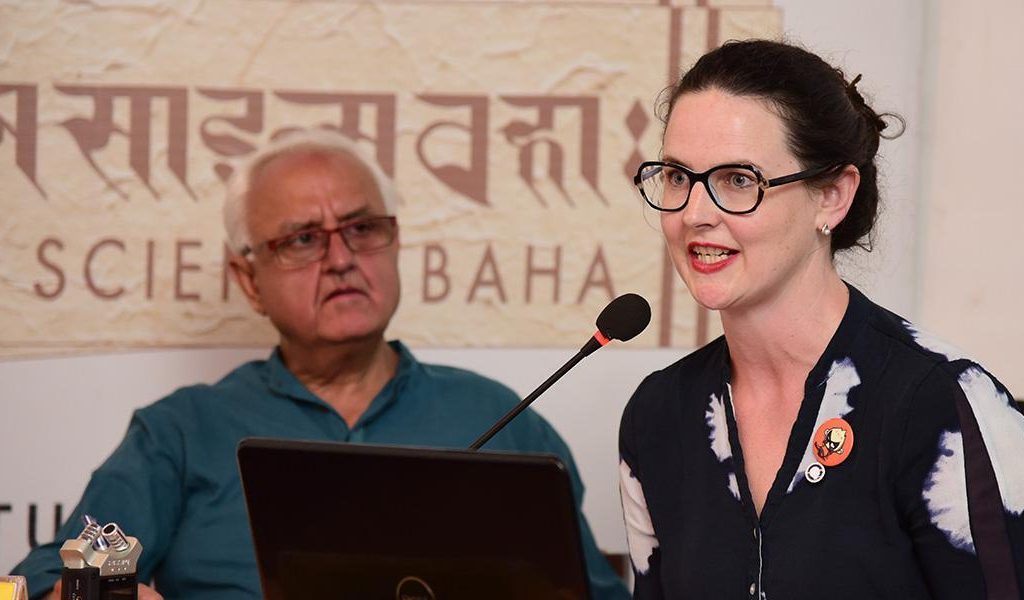Lecture Series
From Military to Market Political Economies of Private Military and Security Companies

Amanda Chisholm
on
From Military to Market
Political Economies of Private Military and Security Companies
This talk is a feminist political economy framing of private military and security companies’ (PMSCs) global workforces. PMSCs are a part of a multibillion-dollar industry providing security services to governments, commercial groups, private citizens, international organisations and NGOs. The roles these security companies perform include, but are not limited to, security consultancy and armed contracting, recovery of hostages, and security support services such as construction and infrastructure support, including waste disposal and goods transportation as well as prison management.
PMSCs draw upon a global workforce that increasingly uses men and women from the global South, whereby Nepal, famous for its Gurkhas, remains a preferred source country. Consequently, global security companies influence world politics not only through changing state security practices, but also by shaping how global workforces are organised. Drawing upon three years of ethnographic fieldwork and detailed interviews in Afghanistan, Nepal, Qatar and the United Kingdom, alongside over 10 years of broader research on the global private security industry, the lecture will deal with how security work is constructed and valued through a detailed account of the people who work as security contractors, the kinds of work they take on, and the global security families who support this industry.
* * *
To listen or download lecture in audio format
Amanda Chisholm is a political ethnographer and Senior Lecture in Gender and Security in the School of Security Studies, King’s College, London. She has published extensively on Gurkhas and private military and security companies in international journals and edited book volumes. In 2016, Dr Chisholm was awarded an Economic and Social Research Council Future Leaders Grant to research on (un)armed security forces in Qatar. Her current work explores the security industry through emotions and affective relations. She is working on a monograph Feeling Security: Feminist Political Economies of Affective Labour in Global Private Security, which explores how global security industry draws upon emotions and affect in their selling of feelings of security.
Political Economies of Private Military and Security Companies
